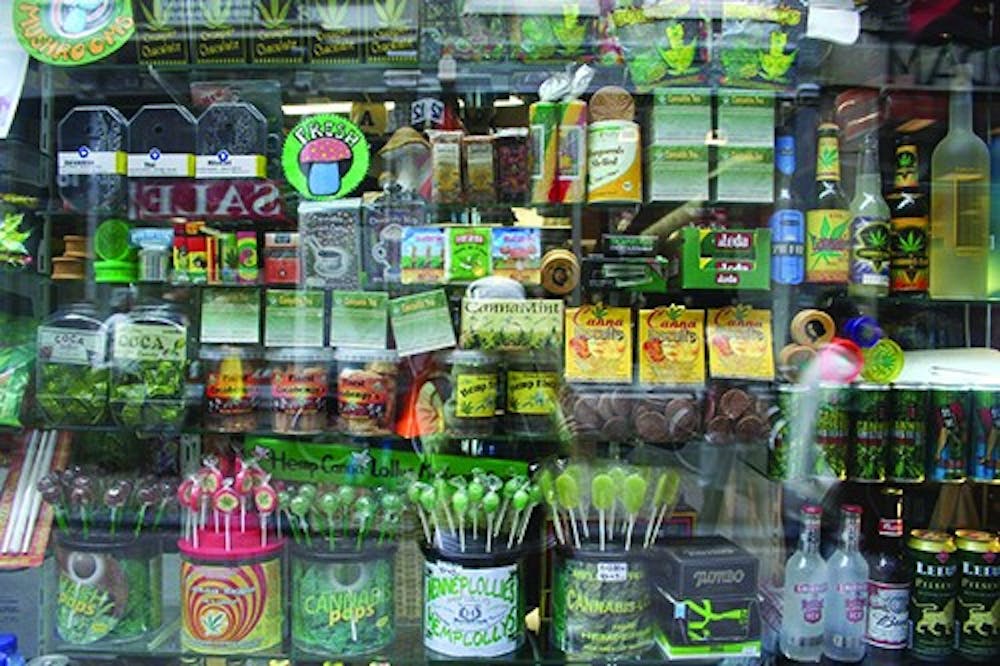What if there was some kind of super crop that cured fatal diseases such as cancer and epilepsy, made great building materials, was a renewable eco-friendly resource and could seriously bring in some money?
There is such a thing, but our government spends $8.7 billion a year enforcing laws against it (that amount of money can fund more than 1.5 million Pell grants for college students, FYI.)
It is called cannabis and it is one little plant with a million possibilities.
Firstly, marijuana treats countless diseases better than most pharmaceuticals, and with far less chemicals entering the body.
Medical marijuana stops the growth of cancer cells, decreases pain and increases appetite in HIV/AIDS patients, lowers intraocular pressure in those suffering from glaucoma, acts as a phenomenal sleep aid to insomniacs and the list goes on.
Popular arguments, though, are that consuming tetrahydrocannabinol (THC) will lead to psychological or social problems.
However, there is currently no evidence that directly links marijuana to be the cause of such issues.
Also many believe that marijuana kills brain cells, but in reality it stimulates the growth of new ones.
The cannabis plant is not only useful for medicinal purposes though, it also produces hemp, which is the strongest natural fiber in the world.
Hemp is the non-psychoactive part of the plant and is nature’s answer for textiles, fuel, building material, paper, oil, food and nutrition.
Just imagine the money you would save pumping hemp seed oil into your car instead of gasoline, or heating your home with it instead of using coal or oil.
It can totally eradicate our dependence on these rapidly disappearing resources and is better for both your pocket and the planet.
Hemp can even be a substitute for plastic, creating a stronger, natural, biodegradable “plastic.”
The best part is that growing cannabis to harvest hemp is completely eco-friendly.
Using hemp to build instead of wood or concrete puts less strain on the environment.
Hemp can grow in almost any kind of environment, grows quickly, prevents soil erosion, does not require herbicides or pesticides and also converts more CO2 into oxygen than trees.
So aside from medicinal and industrial reasons, would legalizing marijuana help in any other ways?
The answer is yes, legalization can truly do financial wonders.
Ever since the plant was legalized in Colorado for recreational purposes, the state has saved anywhere between $12 and $40 million in just one year by simply removing criminal penalties for possessing it.
They are also taxing it 25 percent, bringing in extra millions. Needless to say, I am 100 percent for Pennsylvania legalizing pot.
Legalization would without a doubt help Pennsylvania’s sick and suffering, make us a more environmentally friendly state, and would boost our economy tremendously.
Someone is arrested every 37 seconds for marijuana possession, which is far more than arrests for every violent crime combined.
Think police should be focusing on far more serious offenses? How will that affect your future voting?


The Slate welcomes thoughtful discussion on all of our stories, but please keep comments civil and on-topic. Read our full guidelines here.